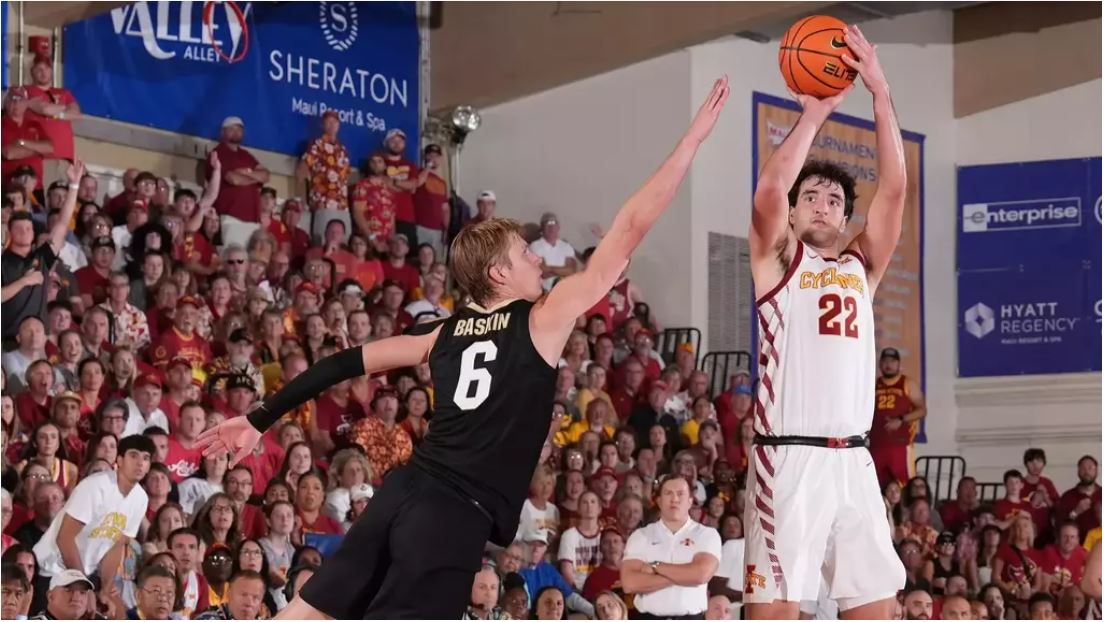LETTER: Colombia’s troubles are American-made
October 29, 2003
Election Day in Colombia came and went this year like it always has in recent decades: with lots and lots of bloodshed.
We Americans like to think we have it rough. We complain of terrorist phantoms who are always just out of reach; we whine because people in foreign lands hate us, and we’re clueless enough not to have the faintest idea why. Visit Colombia and maybe you’ll get an idea why.
In Colombia, the terrorists are right in your face blowing up cars in crowded shopping centers, killing political candidates by the dozen and making Colombia the kidnapping capital of the world. In Colombia, they don’t have time to whine because they’re too busy just trying to stay alive.
Colombian terrorist groups, like most others, make a living in the drug trade. The same process that made liquor valuable enough to kill for and made thugs like Al Capone rich is the same process that makes coca worth its weight in gold and funds terrorist armies in Colombia to the tune of $900 million annually. It encourages poor farmers to grow it, peasants to process it, thugs to transport it and violence at all levels of the production chain.
Our nation consumes 60 percent of all the drugs in the world, so it is safe to say we’re mostly responsible for funding the Colombian rebel factions, but it goes deeper than that. We actually set up the system that makes the rebels rich in the first place. It’s the same mechanism that made the likes of Al Capone rich and left honest citizens to die in the streets. It’s called prohibition.
Outlawing commodities like marijuana, coca and opium make them extremely valuable. Addicts will pay anything to get their hands on these substances, and drug pushers know this. Terrorist groups take advantage of the situation and encourage the illegal drug trade to make money for their own causes. It is a self-perpetuating cycle of addiction, terror and imprisonment in which families are ruined; addicts are forced into thievery, and prostitution and prisons are filled to capacity with non-violent offenders while others are set free to make room. It is interesting to note that in the United States the average sentence for non-violent drug offenses is 11 months longer than for rape.
Legalization would cause the price of these substances to plummet. If marijuana was worth as much as lettuce; coca valued as much as brussel sprouts, and poppies were no more valuable than tulips, terrorists would be bankrupt. Pharmacists would be a lot more likely to recommend a good treatment program to addicts than any pusher would, helping addicts end the cycle of addiction. Taking the profit out of drug dealing would put pushers out of business overnight, make our streets safe and empty our nation’s prisons of people who pose little threat to society. In addition, rates of drug use in countries where responsible, personal use is tolerated (such as the Netherlands) are no higher, and often times lower, than in the United States.
Colombia’s elections are bloodbaths for many reasons, but no one doubts they’d be a lot less bloody if America’s drug problem wasn’t funding Colombian terrorists. We get angry to learn that Saudis are funding terrorists, but what right do we have to talk when we blame other countries, like Colombia, for our own drug problem?
We’ve tried prohibition. It didn’t work in the 1920s, and it doesn’t work now. Americans can handle personal responsibility. It’s time we put the pushers and terrorists out of business once and for all. It’s time we moved toward drug legalization.
Jeremy Oehlert
Freshman





